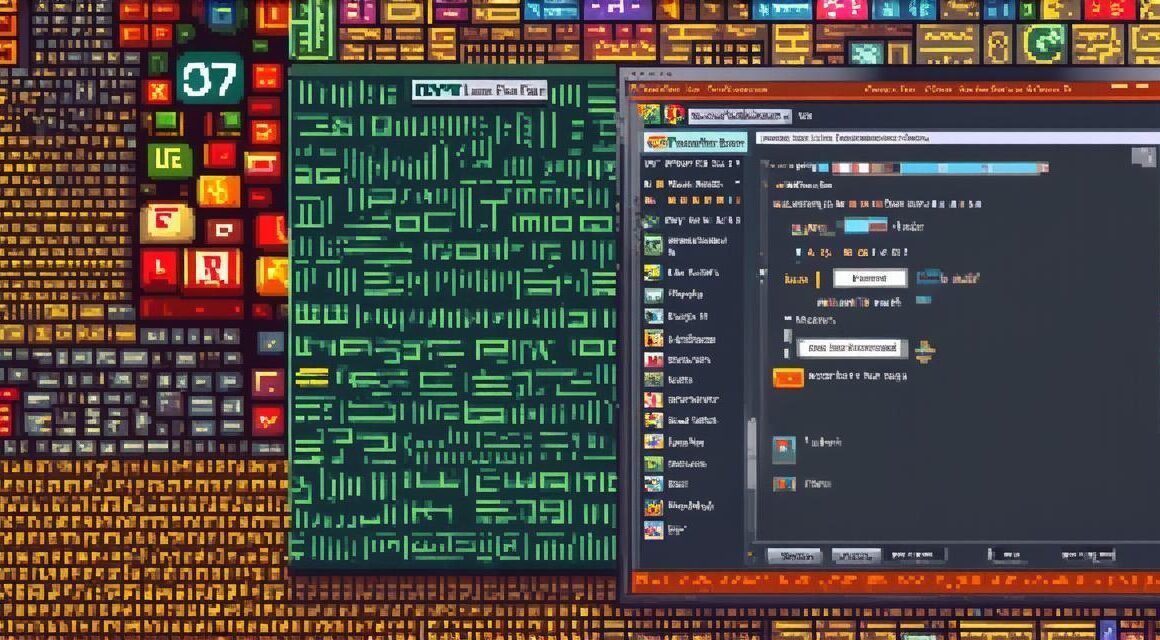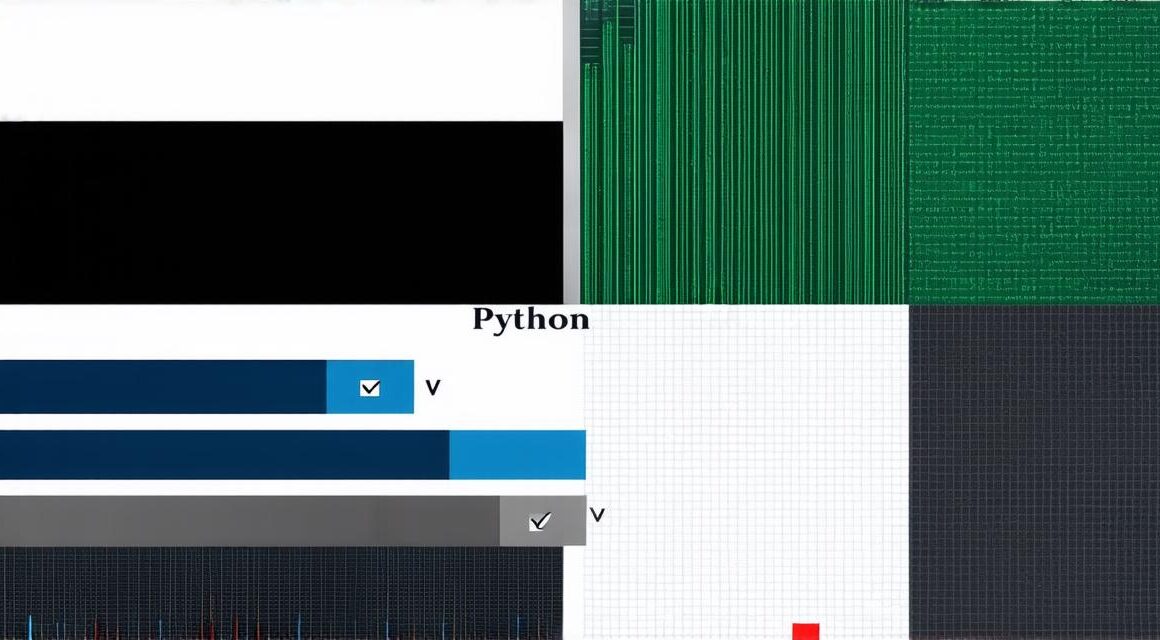When it comes to game development, there are several programming languages that can be used to create games for various platforms. Two of the most popular and widely used programming languages for game development are Python and C. In this article, we will compare and contrast these two languages to help you determine which one is more suitable for your game development needs.
Python for Game Development
Introduction
Python is a high-level, interpreted programming language that was first released in the late 1980s. It has since become popular for a variety of applications, including game development. Python is known for its simplicity and ease of use, making it an ideal choice for beginners or those who want to quickly prototype their games.
Advantages
Python has several advantages that make it suitable for game development:
- Easy to Learn and Use: Python is a beginner-friendly language that can be easily learned by anyone with basic programming skills. This makes it an ideal choice for beginners or those who want to quickly prototype their games.
- Flexibility: Python is a flexible language that allows for a lot of creativity when it comes to game development. This means that you can use Python to create games for various platforms, including Windows, Mac, Linux, and mobile devices.
- Large Community Support: Python has a large and active community of developers who are constantly working on improving the language and providing support to users. This means that there is plenty of help available if you need it.
- Libraries and Frameworks: Python has a wide range of libraries and frameworks that can be used for game development, such as Pygame and PyOpenGL. These libraries provide pre-built functionality that can save you a lot of time and effort when developing your games.
Disadvantages
Despite its advantages, Python also has some disadvantages that you should be aware of:
- Performance: Python is an interpreted language, which means that it can be slower than compiled languages like C or Java. This can be a problem when it comes to real-time game performance.
- Lack of Standard Library Support: Python’s standard library is not as extensive as some other programming languages, which can make it more difficult to develop certain types of games.
- Limited Job Opportunities: While Python is a popular language for game development, it may be more challenging to find job opportunities in this field compared to C or Java.

C for Game Development
Introduction
C is a high-level, object-oriented programming language that was first released by Microsoft in 2002. It is designed to work with the .NET framework and has since become popular for game development on Windows and XBox platforms. C is known for its performance and scalability, making it an ideal choice for large-scale games.
Advantages
C has several advantages that make it suitable for game development:
- Performance: C is a compiled language, which means that it can be faster than interpreted languages like Python. This makes it well-suited for real-time game performance.
- Scalability: C is designed to work with the .NET framework, which provides scalability and flexibility when developing games. This means that you can create games for various platforms, including Windows, XBox, and mobile devices.
- Job Opportunities: C is a popular language for game development, which means that there are plenty of job opportunities available in this field.
- Libraries and Frameworks: C has a wide range of libraries and frameworks that can be used for game development, such as Unity and MonoGame. These libraries provide pre-built functionality that can save you a lot of time and effort when developing your games.
Disadvantages
Despite its advantages, C also has some disadvantages that you should be aware of:
- …



